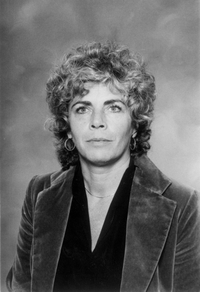The Messenger
Mayra Montero. HarperCollins Publishers, $23 (218pp) ISBN 978-0-06-019223-5
When the great tenor Enrico Caruso sang Aida in Havana in 1920, a bomb exploded during a performance. Caruso fled; nobody knows where he went. Cuban-born novelist Montero (In the Palm of Darkness) turns the paucity of facts about Caruso's disappearance into an appealing and richly mythic fiction. In her plot, Caruso escapes from the incendiary wreckage into the arms of a beautiful Chinese-Cuban mulatta, Aida Cheng. Aida's godfather, Jos de Calaz n Bangoch , is a powerful santero (a priest of the Afro-Caribbean religion Santeria), who speaks to Afro-Cuban gods and can know the future through a magic chain called the kuele, or messenger. Jos has foreseen the explosion, Aida's affair and Caruso's impending death: he wants to keep Aida far from the doomed opera singer, but Aida determines to save Caruso. Two narrators relate the impassioned adventures that follow. One is Aida Cheng herself; the other is Enriqueta, Aida's daughter by Caruso, who has grown up to confirm her mother's tale by reading newspapers and interviewing surviving witnesses. The paired narrators deliver a harmony of passion and melancholy, and create a chainlike kuele connecting past to future. Montero's Caruso and Aida clearly descend from Verdi's Rhadames and Aida; more interestingly, Montero suggests that Rhadames and Aida are the Afro-Cuban gods Chango and Yemaya, whose ill-fated love forever keeps them apart, and who forever seek earthly bodies to occupy. Montero's visions of intercontinental culture-clash, star-crossed lovers and historical violence fully justify the operatic treatment she provides. In Grossman's clean translation, Montero's authorial dexterity avoids grandiose pageantry, keeping the action clear and the pace right. The result is a novel, rich in metaphor and allusion, that will leave most readers breathless as its final curtain drops. (May)
Details
Reviewed on: 05/03/1999
Genre: Fiction
Paperback - 276 pages - 978-1-84655-939-6


